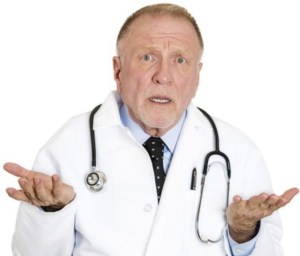By Erik Dolson
Often I wonder if this country’s ailments can be cured. Each of the major issues sometimes appear … just too hard.
Some even thrive on the processes we would use to solve them. What do you do when medicine causes a disease it was supposed to cure?
Laws are to minimize conflict between our different values, to guide interactions while allowing each maximum freedom. Still, there are many areas where values interact. Industries exist that maximize friction between us, businesses that have freedom to fan the flames of hatred.
I have no idea how to fix that.
I used to argue with a friend, a conservative from a military and law enforcement family, about police brutality. She felt police do an incredible job in very dangerous circumstances. I agreed with that, but also said some police departments had institutionalized a “cop culture” that pitted police against citizens, and had unions that gave them immunity from accountability. We could not agree on what should be done.
I have no idea how to fix that.
I have friends who say America has become the land of inequality. I respond that inequality is a fact of life, and the fight is against loss of opportunity. But money flows to oligopolists and oligarchs here in the U.S., and power follows the money, which is then used to concentrate even more money needed to provide the poorer a “pursuit of happiness.” But money means power and power won’t give up its money.
I have no idea how to fix that.
After a career as a journalist and a writer, of course I’m a passionate believer in free speech, and freedom of the press. I was there when “the press” was destroyed by the Internet. While I initially believed this “freedom of expression” would give rise to more liberty across the world, instead this revolution resulted in sophisticated tools of manipulation, and a wildfire of freely expressed and unaccountable hatred.
I have no idea how to fix that.
At one time I believed the trend line of humanity was upward, that we would achieve more as a species. Instead, I see striving for lowest cost, maximum consumption, and capitalist inspired growth leading to the strip mining of fish from the ocean, wildfires scorching forests from the land, seas rising to consume coastal cities and homes, plastics polluting the biology of every human being on earth. There are too many damn people, our planet is under great stress, and humanity has become a carcinogen.
I have no idea how to fix that.




 by Erik Dolson
by Erik Dolson by Erik Dolson
by Erik Dolson By Erik Dolson
By Erik Dolson By Erik Dolson
By Erik Dolson By Erik Dolson
By Erik Dolson By Erik Dolson
By Erik Dolson

